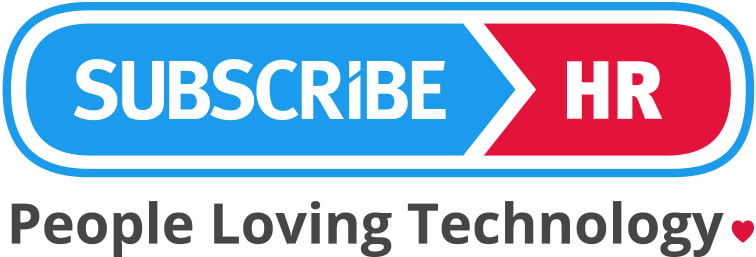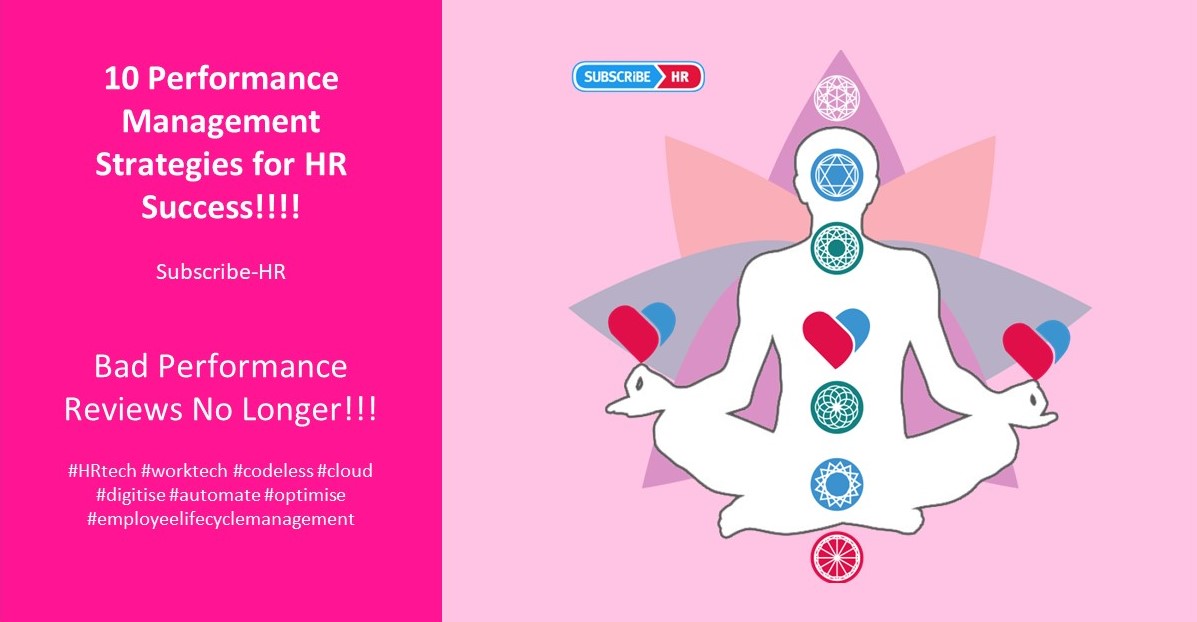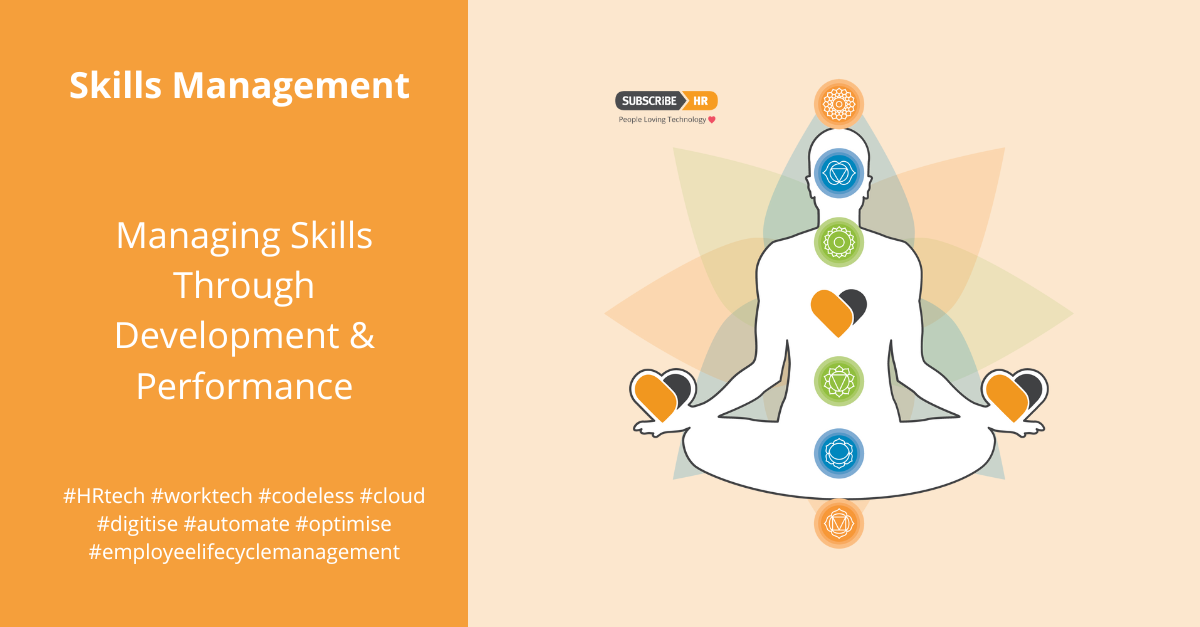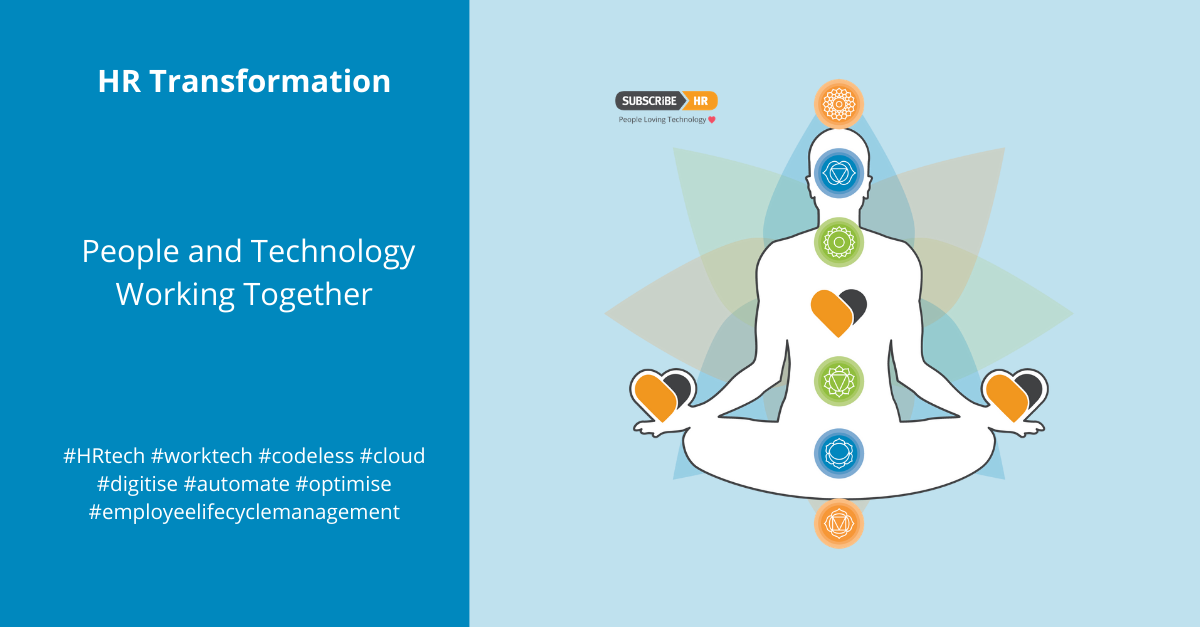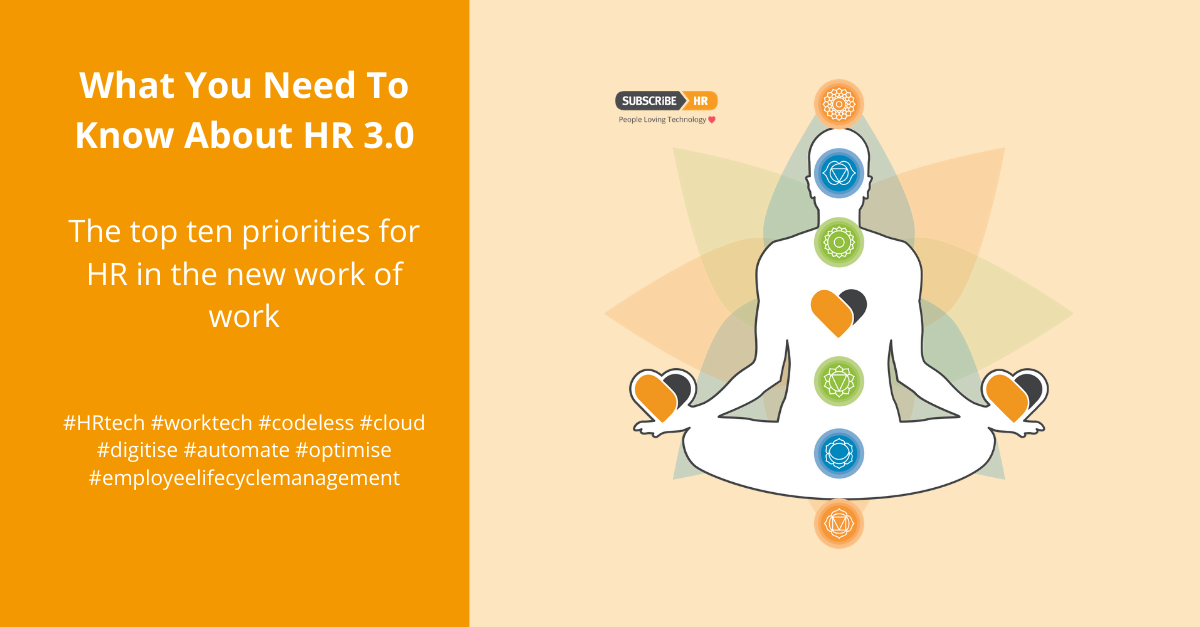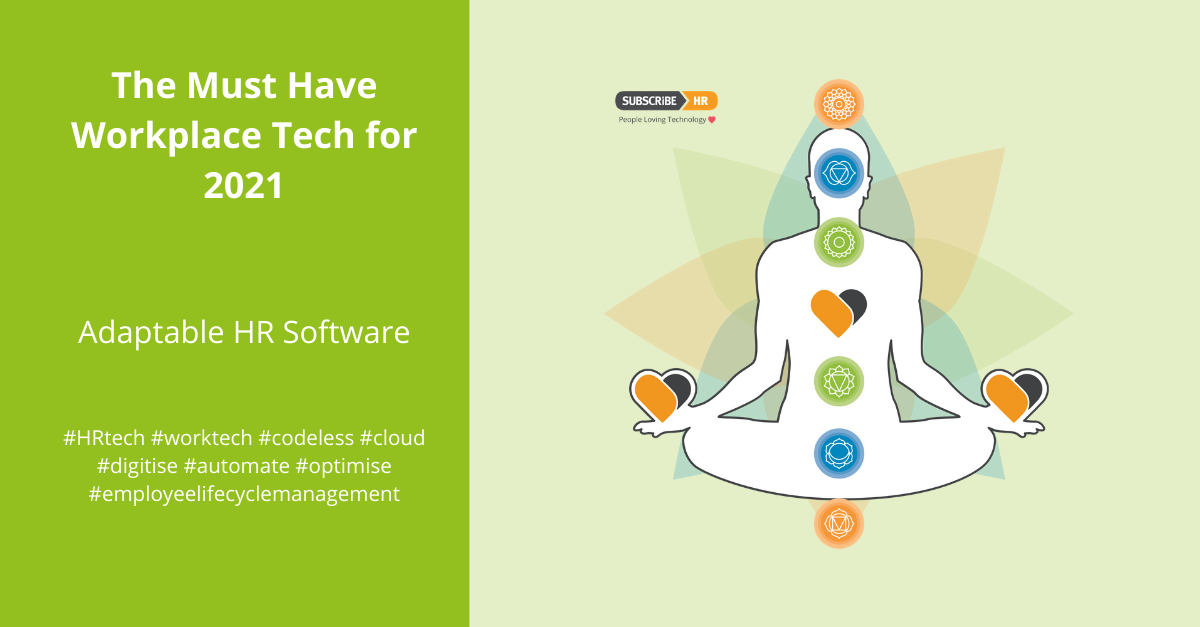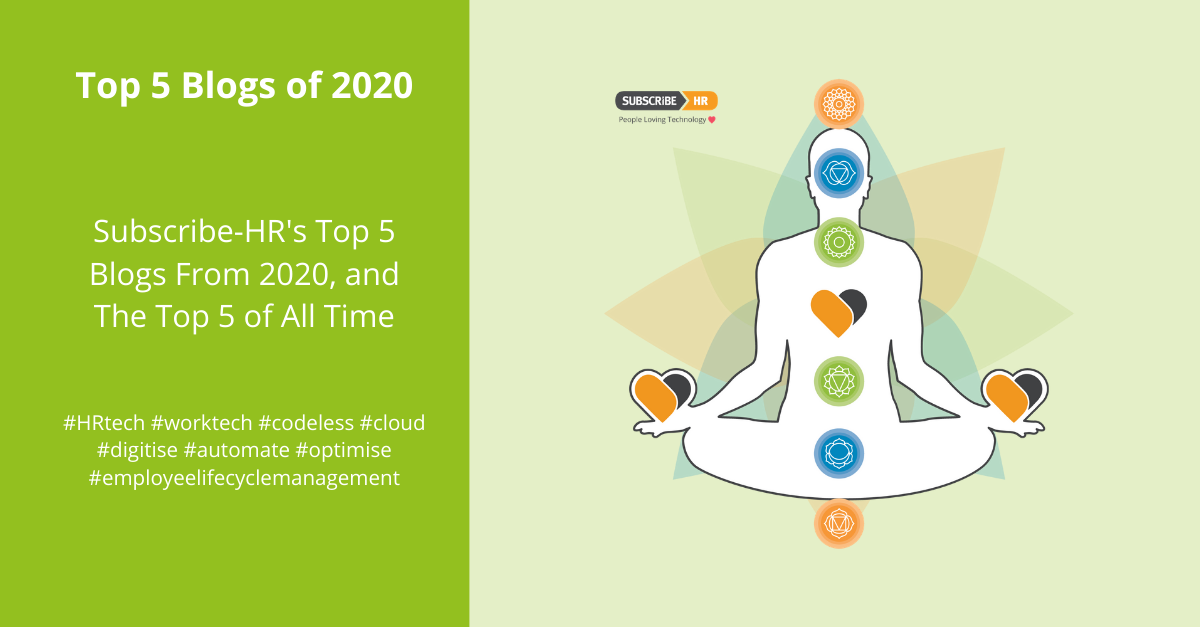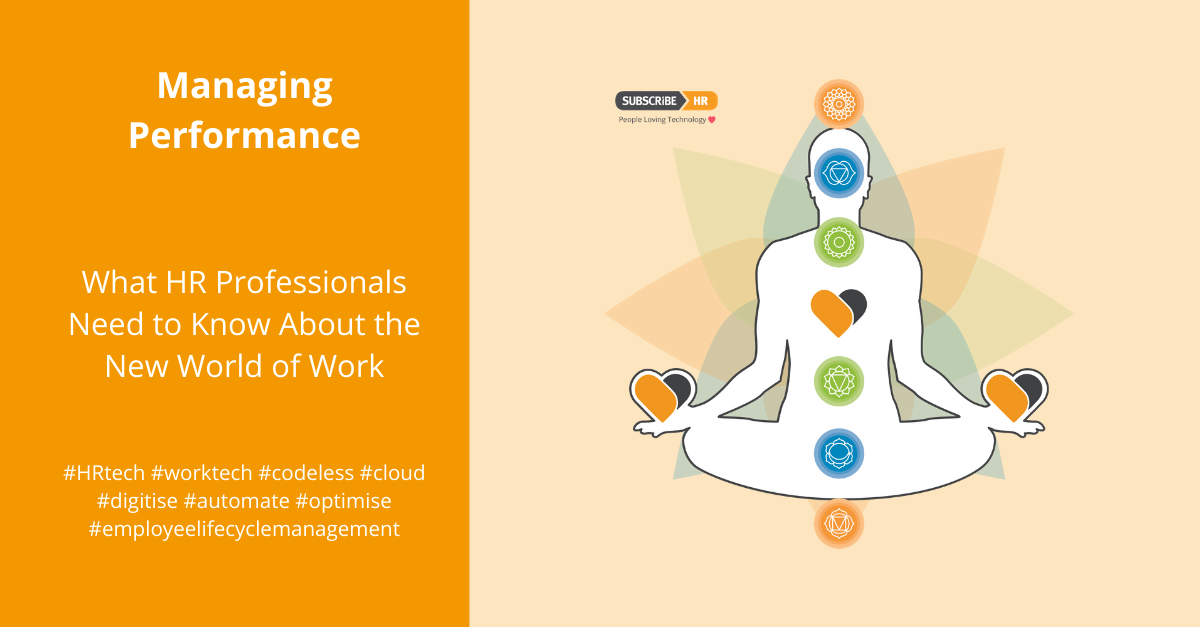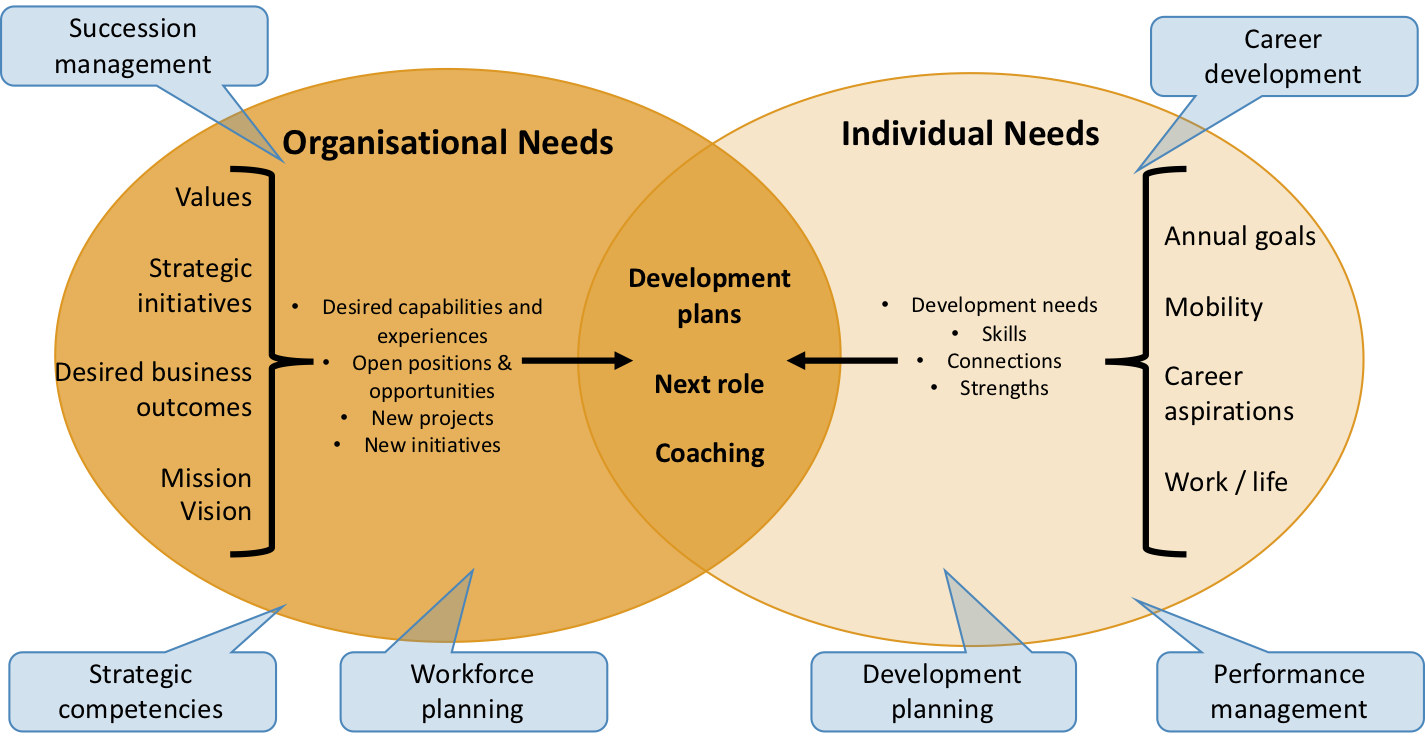Traditional performance management is dead. Gone are the days of 👇
Read More- Solutions
- e-Recruitment
- FREE Employee Onboarding
- Employee Core-HR
- Employee Self-Service
- Team Dashboards
- Performance Management
- Payroll Partners
- Surveys / Digital Forms
- HR Metrics & Reporting
- Employee Push Notifications & Workflow
- Change Your System
- Integration - Payroll, T&A, LMS & Benefits
- Build Your Own HR Tech
- Company
- Resources
- Industry
- Pricing
- Use Cases
- Login
- Support
- Try For Free
